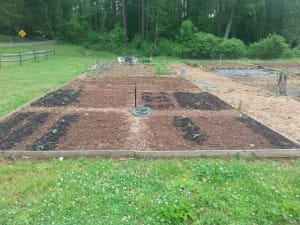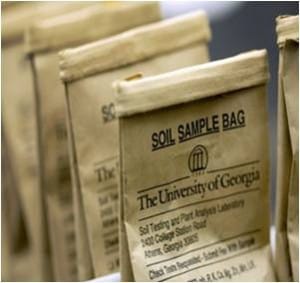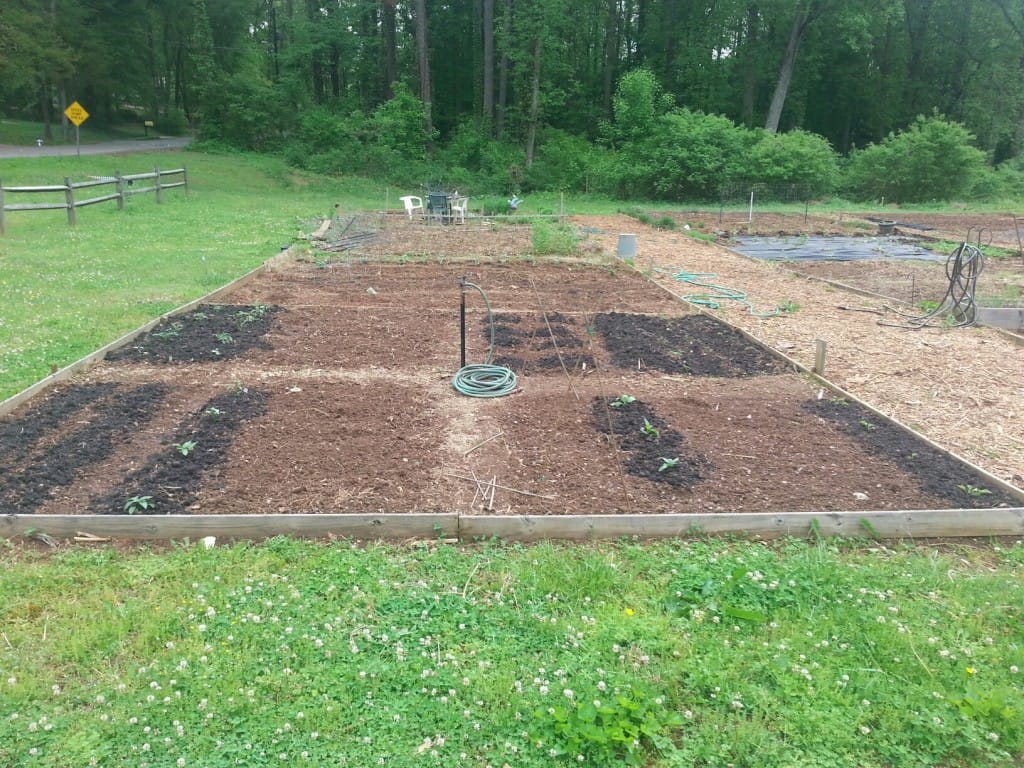
Healthy plants start with healthy soil. Period. No exceptions. You will be more happy with yields and vegetable quality if you start with good soil. You will deal with frustration and possibly more disease and pest problems if you ignore your soil.
Soil is NOT just dirt. It is alive and complex. It is a relationship of soil minerals, organic matter, organisms, water, air, and plants. The mineral component is made up of a mixture of sand, silt, and clay. Organic matter is important as it contributes to moisture and nutrient retention. Soil is a habitat for fungi, bacteria, actinomycetes, algae, protozoa, nematode, and earthworms and small mammals. All this is important to the health of your plants.
Sometimes cities and municipalities donate land for community gardens that may have been undesirable for other uses. Do you know what the land was used for before your garden was started? A site that was previously used for manufacturing could have lingering by-products in the soil that could be a problem.
Many times community gardeners use raised beds and import soil and compost. Know where that soil or compost comes from. One community garden got a large amount of horse manure donated. That manure contained herbicide residue that affected the tomatoes the gardeners tried to grow. Also, soil that has been sterilized is void of desirable microorganisms. Consider adding a compost pile to your garden (see June 25th post – Composting in the Community Garden).

If you have not been happy with the quality of your plants, the first step is to get your soil tested. You can get information on soil testing from your local UGA Extension Office. Instructions can be found in the publication Soil Testing. In general, take a few sub-samples of your soil at a six inch depth. Mix these sub-samples for an overall sample. When you submit this to your Extension office it goes to the University of Georgia soil testing laboratory and within a couple of weeks you will get a test result page with information on your soil fertility and pH. You will also get recommendations on how to improve your soil based on what you are growing. There is a small fee (approximately $6-8) involved but it is the best investment you will make! Also, depending on the size and layout of your garden, not everyone in your garden needs to soil test.
Just think of all the things at work in your soil. You will never call it “dirt” again!
Happy Gardening!
- ParSLAY the Day! - June 12, 2024
- 6th Annual Great Southeast Pollinator Census - May 28, 2024
- Are you ready for Pepper Palooza? - July 5, 2023
